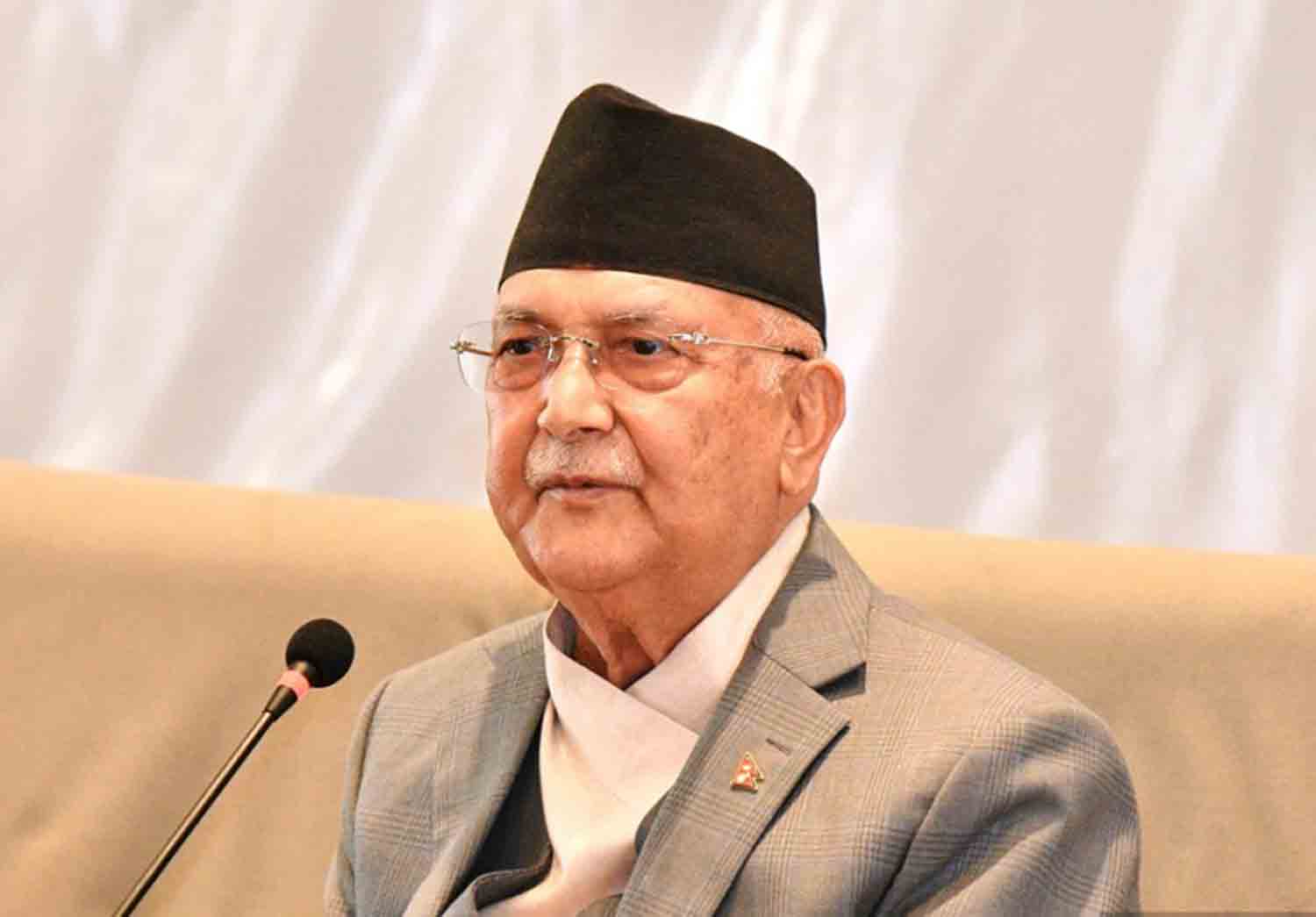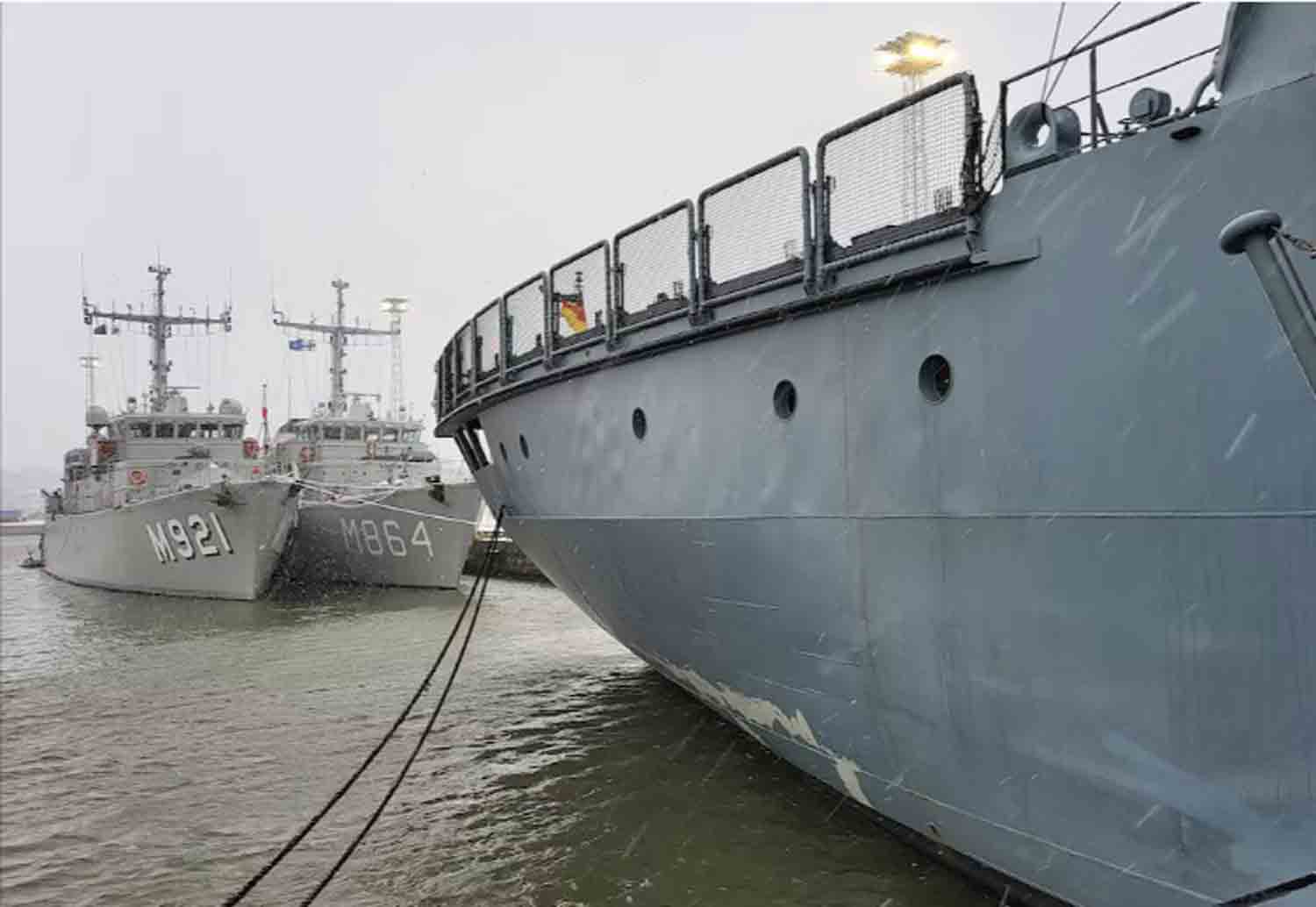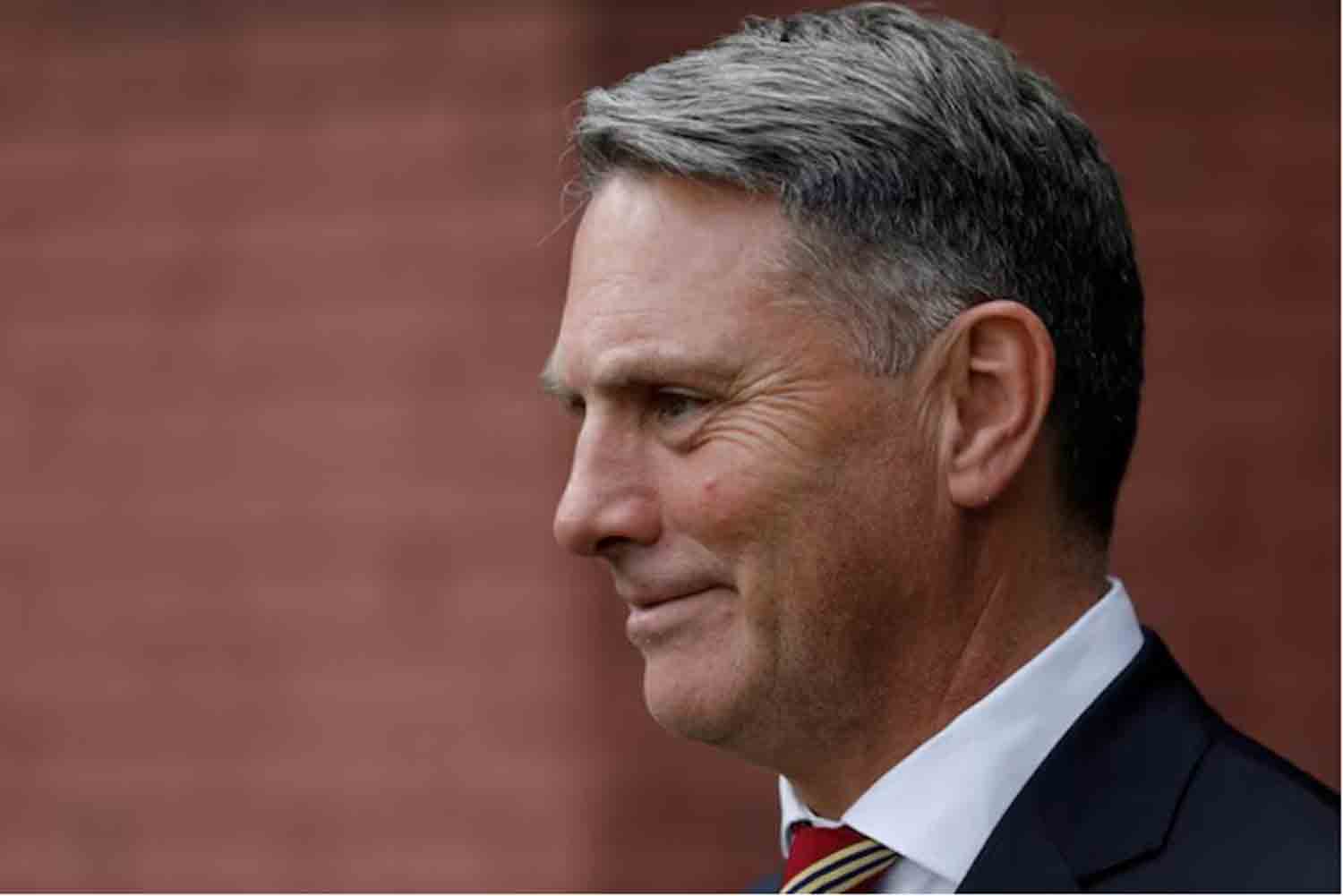Nepal’s seasoned communist leader K.P. Sharma Oli is making his return as prime minister for the fourth time this year, with the objective of encouraging Beijing to revitalize planned infrastructure initiatives during his multi-day visit to China.
This trip marks Oli’s first international visit since his swearing-in in July, breaking from the traditional choice of New Delhi, with which Kathmandu has maintained historical ties for centuries.
Oli is scheduled to engage in detailed discussions with Chinese President Xi Jinping and Premier Li Qiang on Tuesday, as confirmed by Beijing. Xi has previously expressed China’s commitment to assist Nepal in transitioning from a landlocked nation to a “land-linked” one.
Since signing onto China’s Belt and Road infrastructure initiative in 2017, Kathmandu has noted that no projects have been realized following the signing of a framework agreement.
Oli aims to strengthen and recalibrate economic relations with China while also seeking to lessen Nepal’s longstanding reliance on India to the south.
India constitutes two-thirds of Nepal’s international trade, whereas China holds a mere 14% share. However, China is a more significant bilateral creditor, having extended over $310 million in loans, according to World Bank data, which is $30 million more than what New Delhi has provided.
During his initial term as prime minister in 2016, Oli established a petroleum agreement with China following a six-month oil blockade imposed by New Delhi on Kathmandu the previous year.
This decision disrupted India’s long-standing position as Nepal’s exclusive fuel supplier and facilitated enhanced collaboration with Beijing.
Since then, China has provided Nepal with a loan of $216 million to construct an international airport in Pokhara, the second-largest city located approximately 200 km (124 miles) west of Kathmandu, which commenced operations last year.
However, the airport, built by China and touted as a success of the Belt and Road Initiative, has faced challenges, including a shortage of international flights, primarily due to India’s refusal to allow aircraft to traverse its airspace to access Pokhara.
Concerns regarding debt have ignited discussions among various political factions, including Oli’s Communist Party of Nepal (Unified Marxist Leninist), about the merits of pursuing Belt and Road projects funded by Chinese loans instead of grants.
Sri Lanka, a significant beneficiary of Belt and Road loans for transportation and energy initiatives, defaulted on its foreign debt in May 2022, serving as a stark reminder of the dangers associated with unsustainable borrowing.
Discover more from Defence Talks | Defense News Hub, Military Updates, Security Insights
Subscribe to get the latest posts sent to your email.





